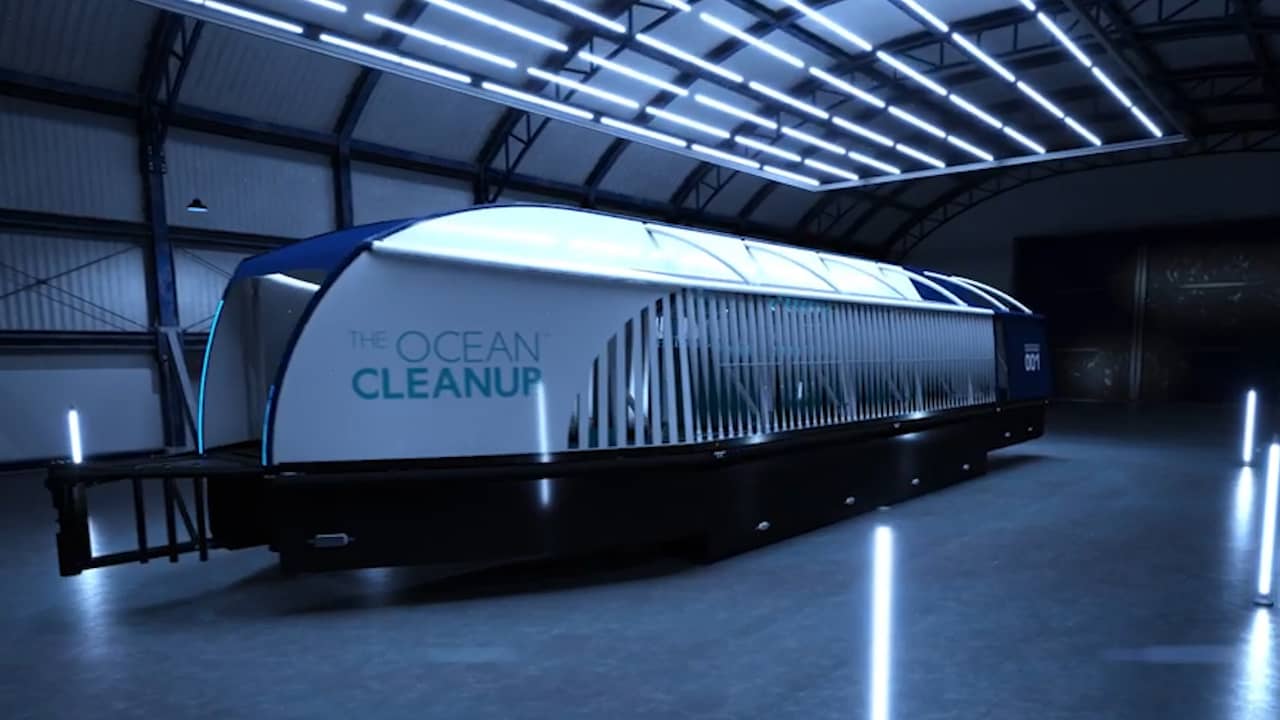WWF: Plastic in oceans quadrupled by 2050, major consequences for nature
By 2050, plastic waste in the oceans will have quadrupled, the World Wildlife Fund (WWF) writes in a new report on Tuesday. Vulnerable nature such as coral reefs and mangrove forests will be particularly affected by this.
More than 2,000 animal species are already experiencing the effects of plastic in their living environment, according to the report. An estimated 90 percent of seabirds and 52 percent of sea turtles have already ingested plastic, the WWF writes. This may involve microplastics in the stomach, plastic waste around the neck and plasticizers in the blood.
The conservation organization warns that the threshold values for microplastic concentrations will be exceeded by the end of this century. This is already the case in the Mediterranean Sea, the East China Sea, the Yellow Sea and the Arctic Ocean.
“All studies show that plastic waste in the oceans is an irreversible process. If we don’t act quickly, the consequences of plastic pollution will be incalculable,” says Oskar de Roos, plastics expert at WWF.
Hundreds of major companies and civil society organizations have now joined a WWF petition for a global UN convention against plastic pollution.


